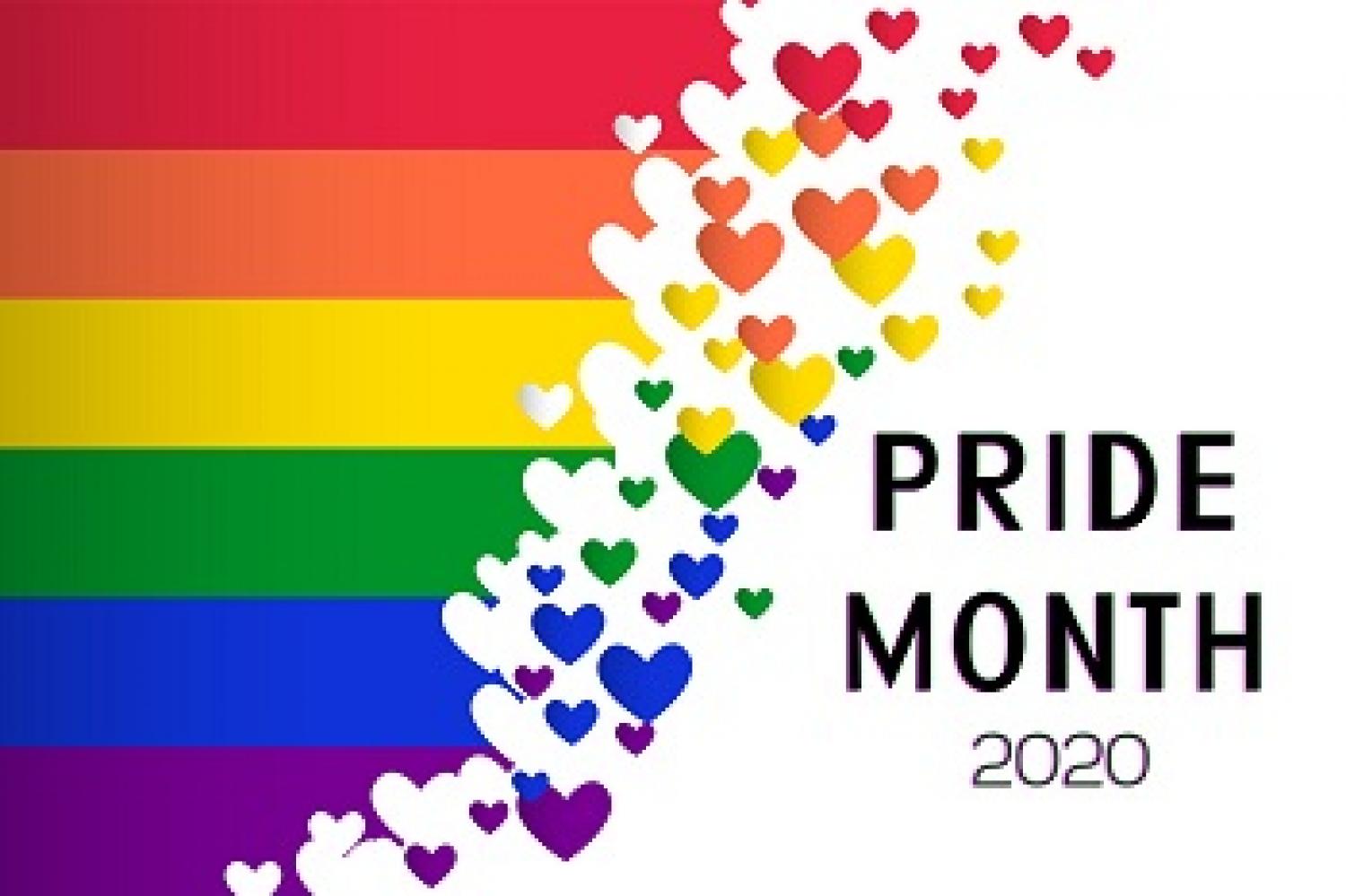
While states have begun the process of reopening amid the coronavirus (COVID 19) pandemic, many events – including the Lesbian Gay Bisexual Transgender and Questioning (LGBTQ) parades in honor of Pride Month scheduled for June – remain cancelled.
In fact, more than 475 Pride-related events have been cancelled or postponed. Couple that with the fact that many workplaces remain 100% or mostly remote, and Pride Month 2020 is bound to look different this year.
But just because the celebration may be virtual does not mean employers should miss this opportunity to boost morale and provide support to the LGBTQ community. Instead, you can create new and innovative ways to celebrate Pride and promote diversity, equality and acceptance.
Raising Awareness Virtually
To celebrate and commemorate Pride Month, consider a panel discussion on how the COVID-19 pandemic is affecting the LGBTQ community. By some accounts, this community is generally more likely than other groups to lack access to adequate medical care, paid medical leave and basic necessities during the pandemic.
If a discussion cannot be done in person, consider virtual events via Zoom or Microsoft Teams hosting an event in which all employees and supervisors can participate. This might take the form of a workshop or training session discussing diversity and sensitivity issues. Also worth consideration is giving a forum to employees to share their own personal experiences celebrating Pride Month through photos, video montages or other expressions.
And certainly, replays of last year’s celebrations are worth revisiting as 2019 marked the 50th anniversary of the Stonewall Uprising and the birth of the gay rights movement.
LGBTQ Rights at Stake
Ironically, Pride Month 2020 comes with the Supreme Court likely just weeks away from deciding a trio of seminal cases affecting whether Title VII of the Civil Rights provides employment protections for LGBTQ workers.
At least 21 states plus the District of Columbia have laws providing job protections for LGBT employees. But how the Supreme Court resolves these cases, argued last October, will directly affect the many parts of the US without those protections.
For those reasons, some have called this controversy even more significant than the Court’s 2015 landmark same-sex marriage ruling in Obergefell v. Hodges. Whatever the ultimate outcome, they are likely to be a focal point in the 2020 presidential election.
Ostracizing and Bullying LGBTQ Employees
LGBTQ employees often may experience feelings of loneliness and isolation at work. As a result, they tend to have higher rates of mental health issues than other groups in the workplace.
Many LGBTQ employees feel left out as if they do not fit in with co-workers, and may feel ostracized from group social activities. This feeling could be exacerbated amid COVID-19 with so many working remotely and apart from team members.
A Career Builder survey from 2017 indicated that 4 out of 10 LGBT works reported feeling bullied at work, which is 11% points higher than the national average for all workers combined. LGBT individuals revealed:
• 61% were falsely accused of mistakes;
• 50% had their comments ignored, dismissed or not acknowledged;
• 47% were gossiped about;
• 42% were picked on for personal attributes;
• 40% were constantly criticized by a boss or co-worker;
• 31% were purposely excluded from projects or meetings; and
• 28% experienced comments being made about them during work meetings.
In order to combat this, and maintain a diverse and inclusive workplace where all individuals feel welcome and respected, provide enhanced training on diversity, inclusion and sensitivity. Training and comprehensive policies on workplace bullying, violence, and intimidation should be highlighted, and you should make clear that this conduct is unlawful and will be investigated and disciplined.
Finally, an employer also may want to consider creating employee resource groups so LGBT workers can share experiences with each other and discuss how to overcome obstacles. All of these measures may improve employee engagement, morale and retention, and create a more solid sense of community.
Obtain Support of Management and HR
Employees of all different groups can certainly set a positive tone. But for any workplace to be truly LGBT-friendly, it is critical that management and HR set a good example for the rest of the organization. Otherwise, unconscious biases can fester.
To the extent that laws require certain compliance efforts, and even when they may not, it is important that the top officials within the organization to communicate their support and endorsement of these efforts. Such efforts will give greater credibility to the broader team by showing that support for LGBTQ employees comes from the top.
There are distinct benefits when an employer maintains a workplace that is diverse, inclusive and LGBT-friendly as it can increase productivity, efficiency and employee retention, and it may result in an overall more healthy and positive work environment.
